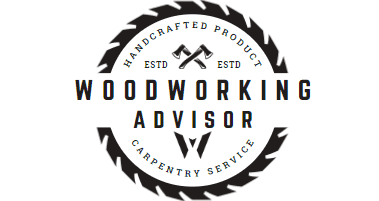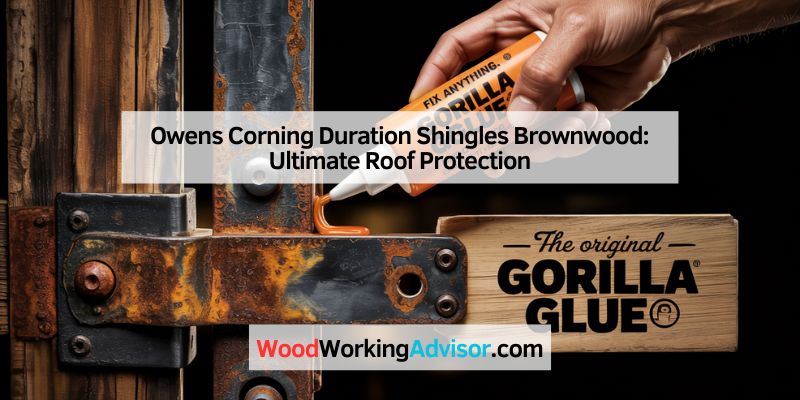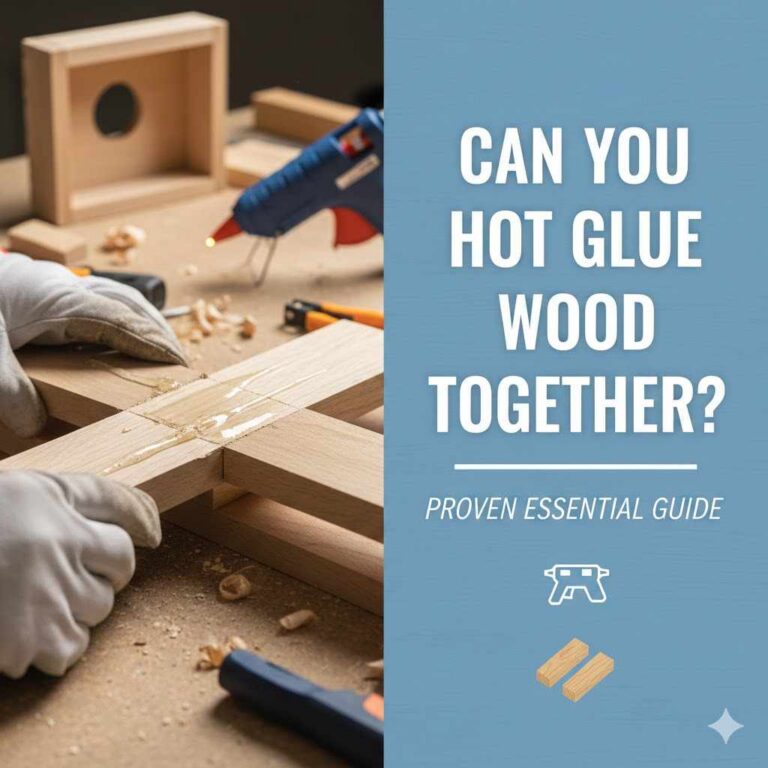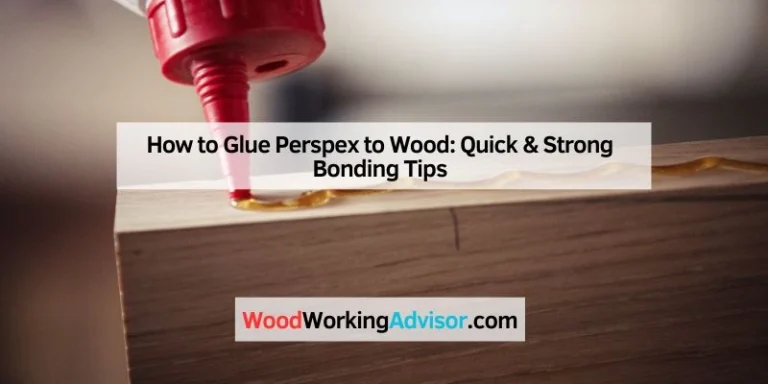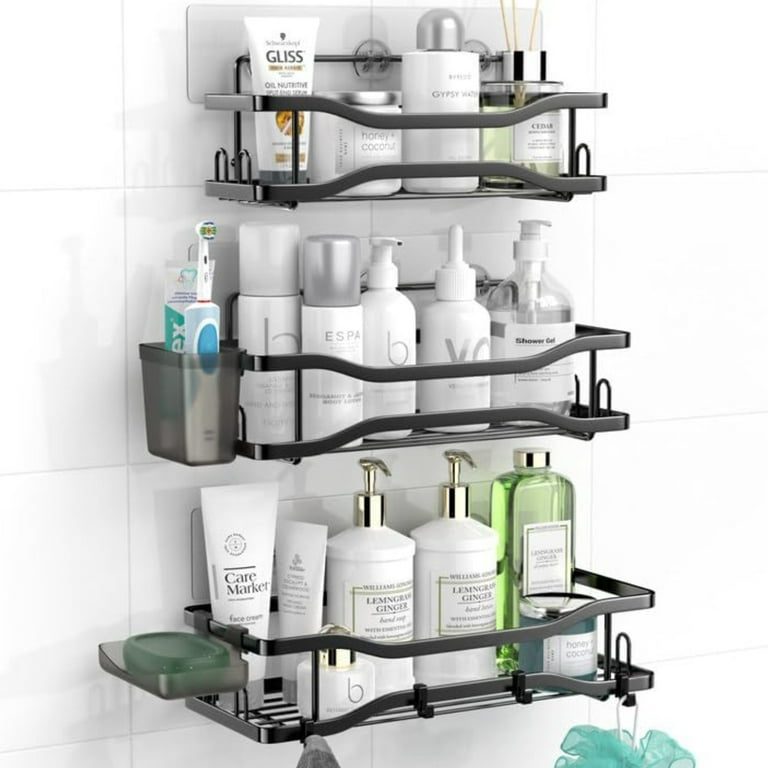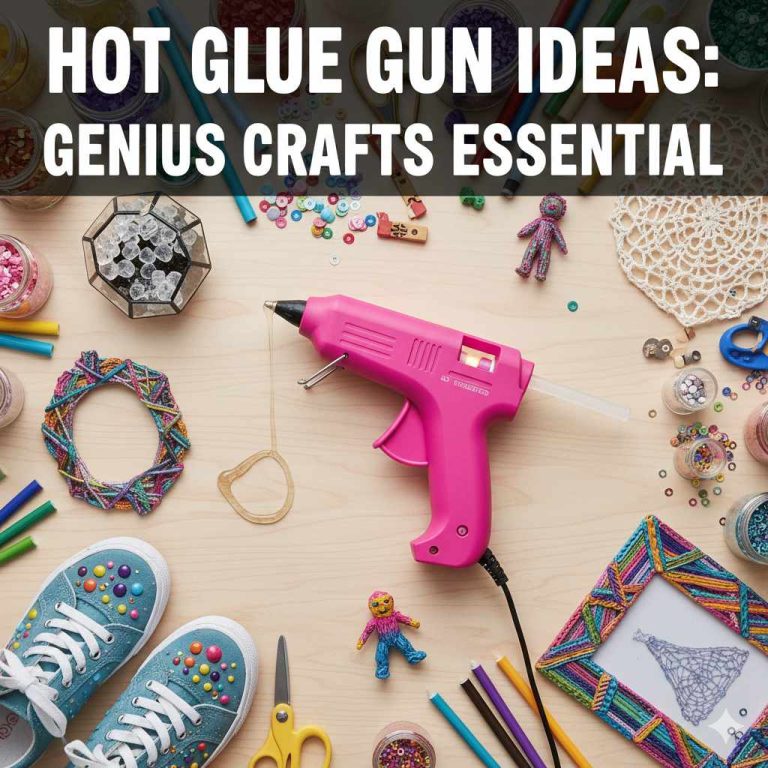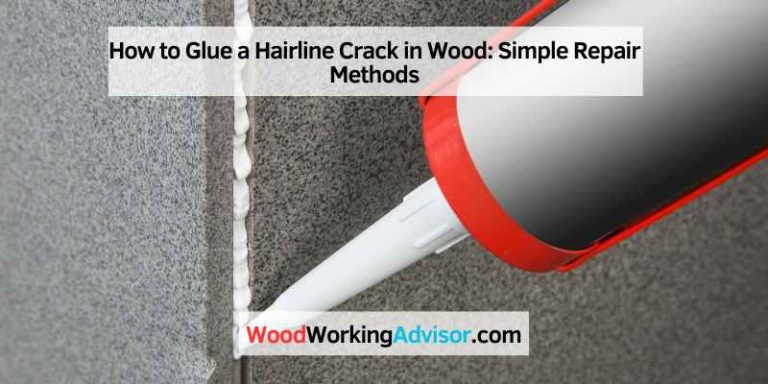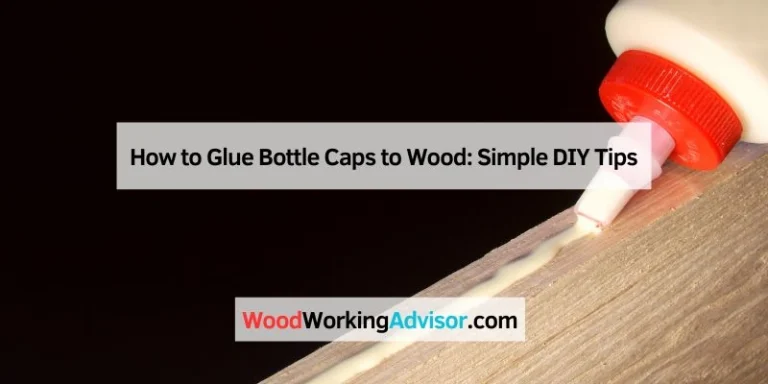Does Gorilla Glue Work on Metal? Expert Analysis & Tips
Yes, Gorilla Glue works on metal. It forms a strong, lasting bond.
But is it the best choice? When tackling metal projects, choosing the right adhesive is crucial. Gorilla Glue is popular for its strength and versatility. But does it really hold up when used on metal surfaces? In this blog, we explore the effectiveness of Gorilla Glue on metal.
We will look at its bonding power, durability, and any special considerations. If you are working on a project involving metal and need a reliable adhesive, read on. Discover if Gorilla Glue is the right fit for your needs. Let’s delve into the details and find out how well it performs on metal.
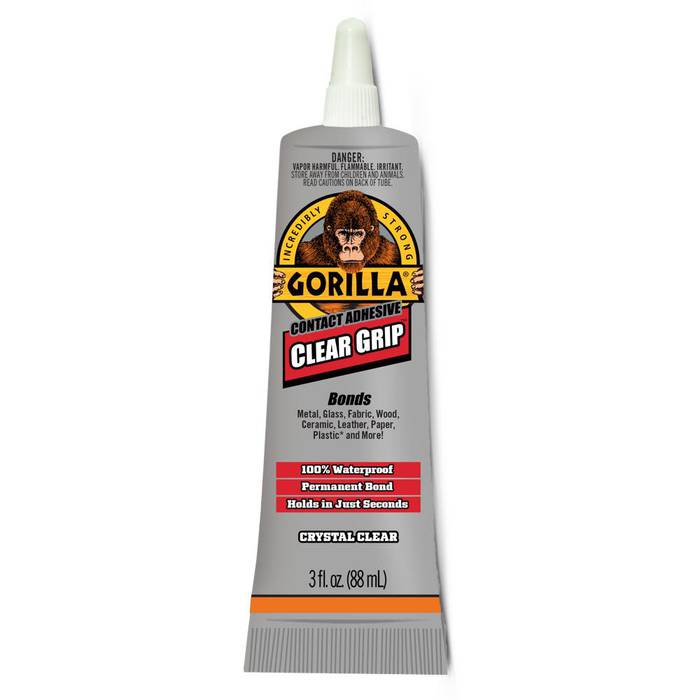
Credit: gorillatough.com
Introduction To Gorilla Glue
Gorilla Glue was created in the late 1990s. It quickly became popular because of its strong hold. This glue can bond many materials. It was first used for woodworking. Over time, people found it worked on other items too. Today, it is a household name.
Gorilla Glue is used for many projects. It can fix broken furniture. It works well on ceramics. Many people use it for crafts. It bonds wood, stone, metal, and more. This glue is waterproof. That makes it great for outdoor repairs.
Metal Bonding With Gorilla Glue
Gorilla Glue is known for its strong adhesion. It can bond many surfaces, including metal. The glue forms a durable and long-lasting bond. Gorilla Glue is also water-resistant. This makes it great for both indoor and outdoor use. Remember to clean the metal surface before applying the glue. This ensures the best bond.
Gorilla Glue works on many types of metals. Steel, aluminum, and copper are some examples. It also bonds well with brass and iron. Make sure the metal is clean and dry. This helps the glue stick better. Always follow the instructions on the glue bottle.
Preparation For Metal Gluing
To get the best bond, clean the metal first. Remove any dirt, grease, or rust. Use a cloth with rubbing alcohol or acetone. This will make sure the glue sticks well. Dry the surface completely before moving on.
Metal surfaces are often smooth. Smooth surfaces are hard to glue. Roughen the metal with sandpaper. Use a medium or coarse grit. This helps the glue grip the metal better. Wipe off any dust after sanding.

Credit: gorillatough.com
Application Process
Gorilla Glue works well on metal surfaces. Clean the metal thoroughly before application. Apply a thin layer for strong bonding.
Applying The Glue
First, clean the metal surface. Remove any dirt or grease. This helps the glue stick better. Next, apply Gorilla Glue to one of the metal pieces. Use a small amount. Spread it evenly. Press the pieces together firmly. Hold for a few seconds. Wipe away any extra glue.
Clamping Techniques
Use clamps to hold the pieces together. Clamping helps the glue bond stronger. You can use different types of clamps. C-clamps or bar clamps work well. Tighten the clamps gently. Do not over-tighten. Let the glue dry for 24 hours. This ensures a strong bond.
Curing Time And Conditions
Gorilla Glue works best in warm and dry conditions. The temperature should be around 70°F (21°C) for the best results. Ensure the area is well-ventilated. This helps the glue to cure properly.
The glue needs time to set. It usually takes 1-2 hours to set. Full curing can take up to 24 hours. Be patient. Do not disturb the glued parts during this time.

Credit: uk.gorillaglue.com
Strength And Durability
Gorilla Glue has a high load bearing capacity. It can hold heavy items firmly. The glue forms a strong bond with metal surfaces. This makes it suitable for various metal projects. The bond stays tight even under pressure. It is good for tasks needing strong adhesive power. The glue is tough and reliable.
Gorilla Glue offers long-term performance on metal. It remains effective over time. The bond does not weaken easily. This ensures durability for metal repairs and projects. The glue is resistant to weather changes. It does not break down in heat or cold. This makes it ideal for outdoor use. The glue stays strong and durable for years.
Comparisons With Other Adhesives
Epoxy adhesives are very strong. They bond metal very well. Epoxy can hold heavy weights. It also resists heat. But, it takes time to dry. Mixing parts is required before use.
Super Glue dries fast. It is easy to use. No mixing needed. It can bond metal quickly. But, it is not strong for heavy loads. Also, it does not resist heat well. It is best for small repairs.

Expert Tips And Recommendations
Clean the metal surface first. Dirt and oil can weaken the bond. Sand the metal lightly. This helps the glue stick better. Use a small amount of glue. Less is more. Press the pieces together firmly. Hold them for a few minutes. Let the glue cure fully. This can take up to 24 hours. Follow these steps for a strong bond.
Do not use too much glue. It can make the bond weak. Skipping surface cleaning is a bad idea. The glue won’t stick well. Rushing the curing process is another mistake. Wait for the glue to set fully. Avoid touching the glue with your fingers. It can cause a weaker bond. Be patient and follow all instructions for best results.
Frequently Asked Questions
Will Gorilla Glue Hold On Metal?
Yes, Gorilla Glue bonds well with metal surfaces. Ensure both surfaces are clean and clamped for best results.
What Glue Is Best For Metal?
Epoxy glue is best for metal. It provides strong, durable bonds. Loctite Epoxy Metal/Concrete and J-B Weld are top choices.
How Long Does It Take Gorilla Glue To Dry On Metal?
Gorilla Glue typically takes 1-2 hours to dry on metal. Full cure occurs within 24 hours.
What Can You Not Use Gorilla Glue On?
Gorilla Glue should not be used on polyethylene, polypropylene, or PTFE (Teflon) plastics. Avoid using it on rubber with high oil or plasticizer content.
Conclusion
Gorilla Glue can work well on metal surfaces. It’s strong and durable. Ensure the metal is clean before applying. Follow the instructions carefully for the best results. Many users find it effective for various metal projects. So, give it a try for your next metal repair.
Always handle with care and store properly. Happy gluing!
